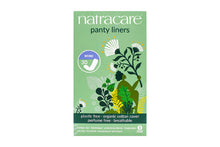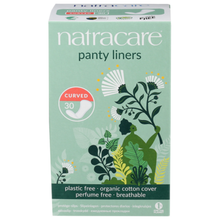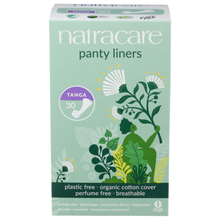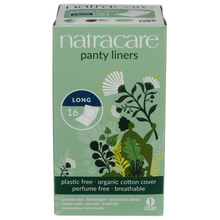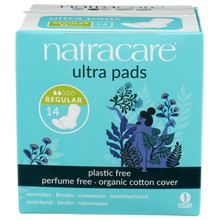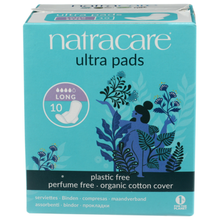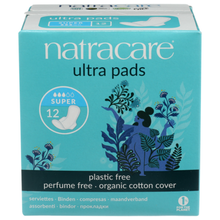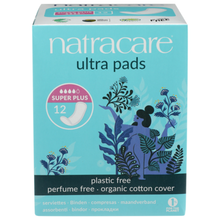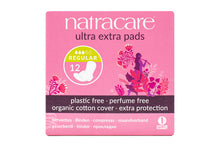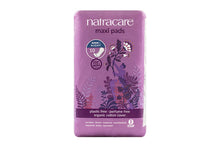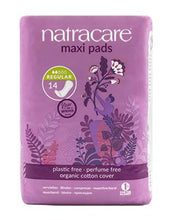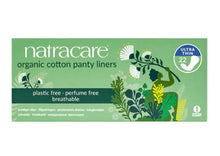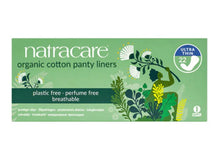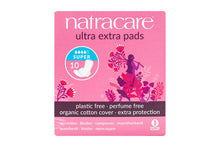
Say goodbye to plastics, fragrances and chlorine, with our organic and natural range of tampons, pads, liners and wipes. Trusted since 1989.
- Certified organic cotton cover
- Made for sensitive skin
- Plastic free
- GMO free ingredients
- No perfumes or dyes
- Totally Chlorine Free
- Biodegradable & compostable
Is organic better for the environment?
In short, yes. If something is certified organic, it means that it’s been grown and produced without the use of chemical fertilisers, toxic pesticides, or any other chemicals of concern. This means that, in general, organic is better for the environment for multiple reasons, including:
- No toxic-pesticides or insecticides means organic farming works with the environment
- Dangerous artificial chemicals won’t leach into waterways
- Soil and creatures are better protected from harmful chemicals
- Biodiversity can be encouraged to flourish with organic farming methods
- More sustainable farming practices that don’t deplete soils of nutrients and avoid soil erosion are used
What’s more, organic cotton specifically is better for the planet than conventionally grown cotton as it uses less water and energy to grow and produce it.














